This Friday is an iconic day for cinema. While some will be gearing up for Oppenheimer, a three-hour-long film about genocide and the man responsible for the most heinous weapon of mass destruction ever created, many others will be preparing for Barbie, an hour and a half of candy-pink fun fun fun. However, the Barbenheimer moment has exposed a cross-section of society who are interested in both. Thus a truly unhinged double-bill is born.
But it’s not the first time that two films supposedly appealing to two very different demographics have been released in the same week. Counterprogramming has been a significant box office strategy to ensure that moviegoing audiences haven’t been asked to choose between two films they would like to see. Usually that looks like one for the adults, one for the kids. Sometimes though, there’ll be one for the chin-stroking arthouse folk, another for the no thoughts just vibes crew.
But if we’re viewing everything through the new Barbenheimer framing, what if we perceived these examples of counterprogramming as double-bills instead? As Oppenheimer star Cillian Murphy puts it: “You can spend the whole day in the cinema – what’s better than that?”
And so, here are some examples of movies released in the same week that deserve their own Barbenheimer portmanteaus; their own anniversary B2B screenings.
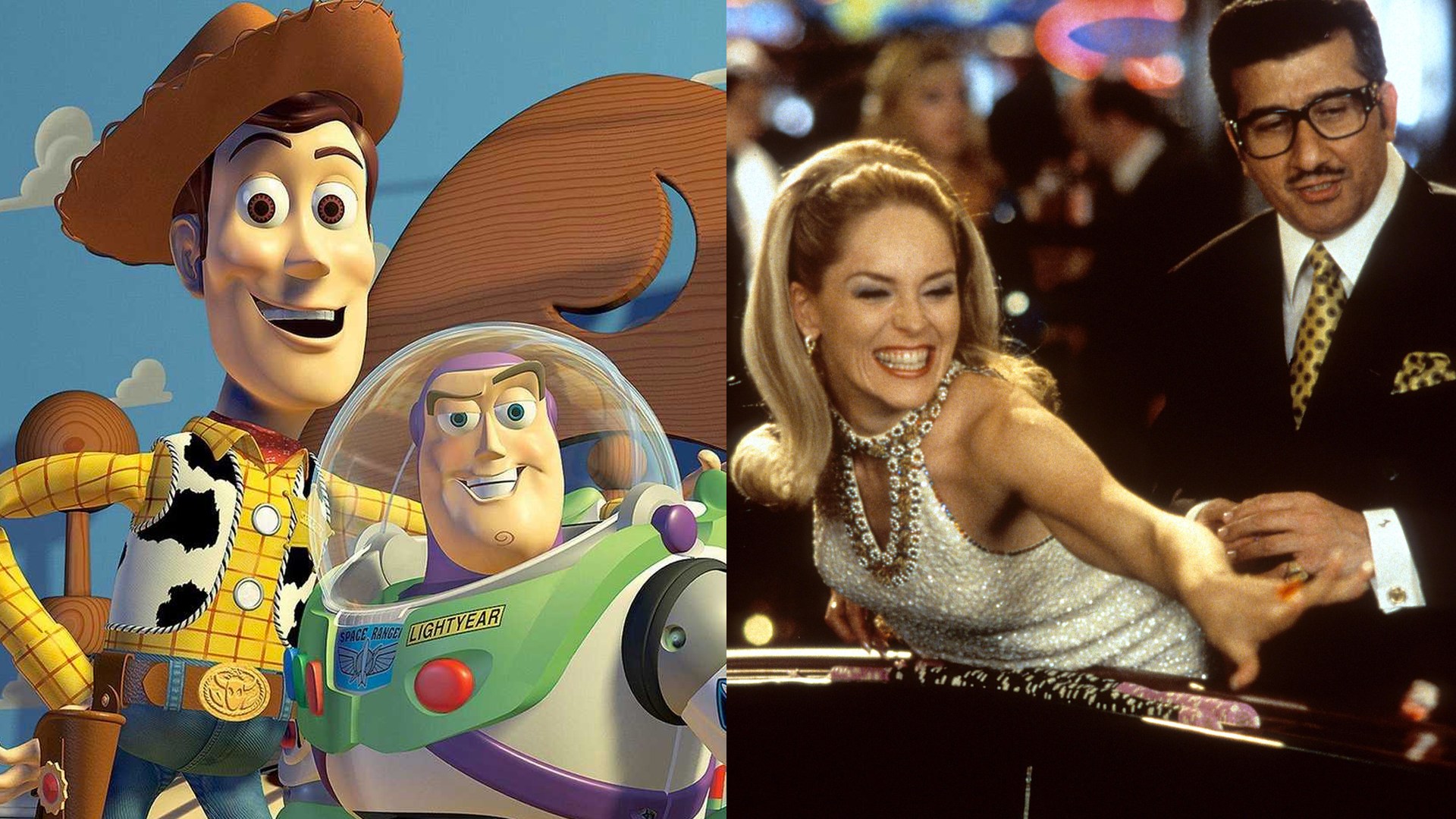
Toy Story vs Casino
Fans of Don Rickles were spoiled for choice on 22 November 1995, as two of his most iconic movies went head to head at the box office. One was Toy Story, the legendary Pixar debut that changed animation — and subsequently instilled its characters in the hearts of kids — forever, in which he played Mr Potato Head. The other was a moodier affair: Martin Scorsese’s Casino, in which he played the head of security at the mafia-run gambling spot at the film’s centre. Two different movies with two sharp and influential legacies, it was Toy Story in the end that came out on top numbers-wise, grossing $394 million compared to Casino’s $116 million.
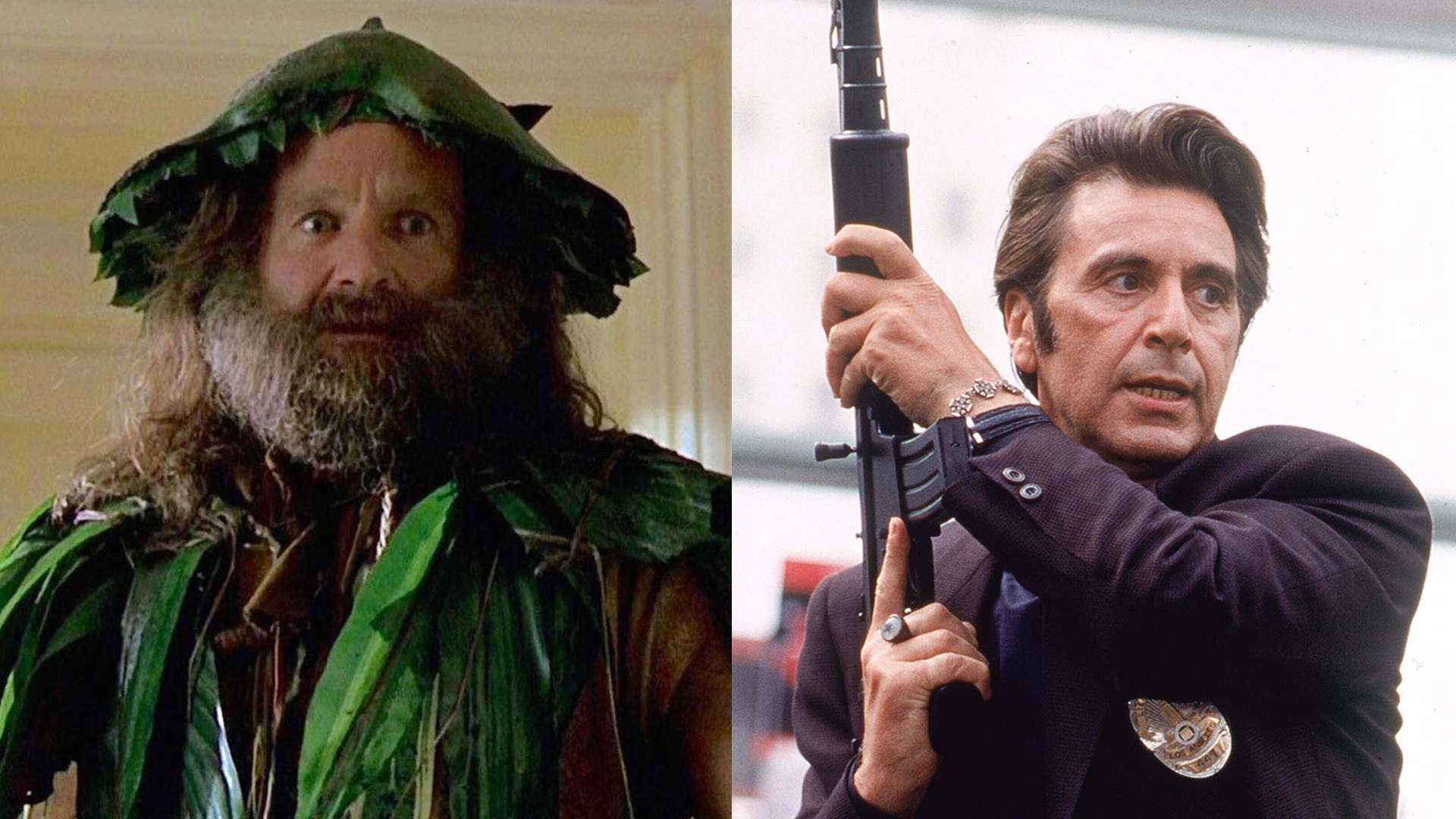
Jumanji vs Heat
Two titans of American cinema were born on 15 December 1995. Michael Mann’s Heat – the Al Pacino and Robert De Niro-starring crime thriller – told the story of a group of high-end criminals trying to evade capture from the LAPD. Similarly, in Jumanji, Robin Williams was trying to avoid being trampled by rhinos that spilled out of a supernatural board game. They’re both classics today, with Heat widely cited as one of the best films of all time. Jumanji, alternatively, might have been a critical flop, but it found its position as a cult family favourite and beat Heat to the box office. Crossover when?
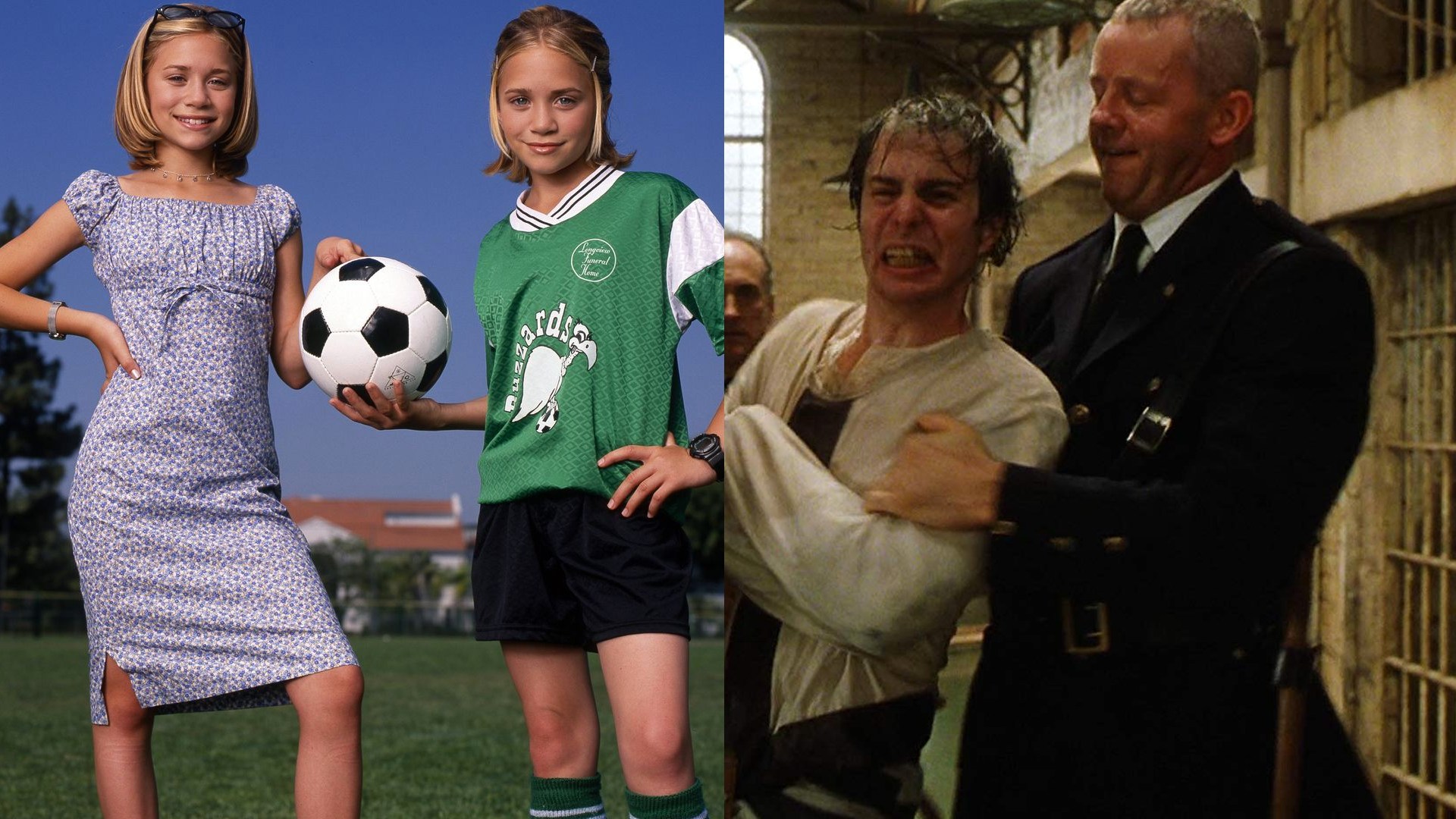
Switching Goals vs The Green Mile
On 12 December 1999, American audiences had their first encounter with a film that would, in many ways, force them to confront our inbuilt prejudice. That film, of course, was Switching Goals, the Mary Kate and Ashley Olsen television movie about twin sisters, one leaning into gender stereotypes (loving, you know, fashion and makeup) the other (a keen football player) rejecting them. Time passes, lessons are learned, history is made. Two days earlier, the Stephen King adaptation The Green Mile premiered. We’ve heard that was good too.
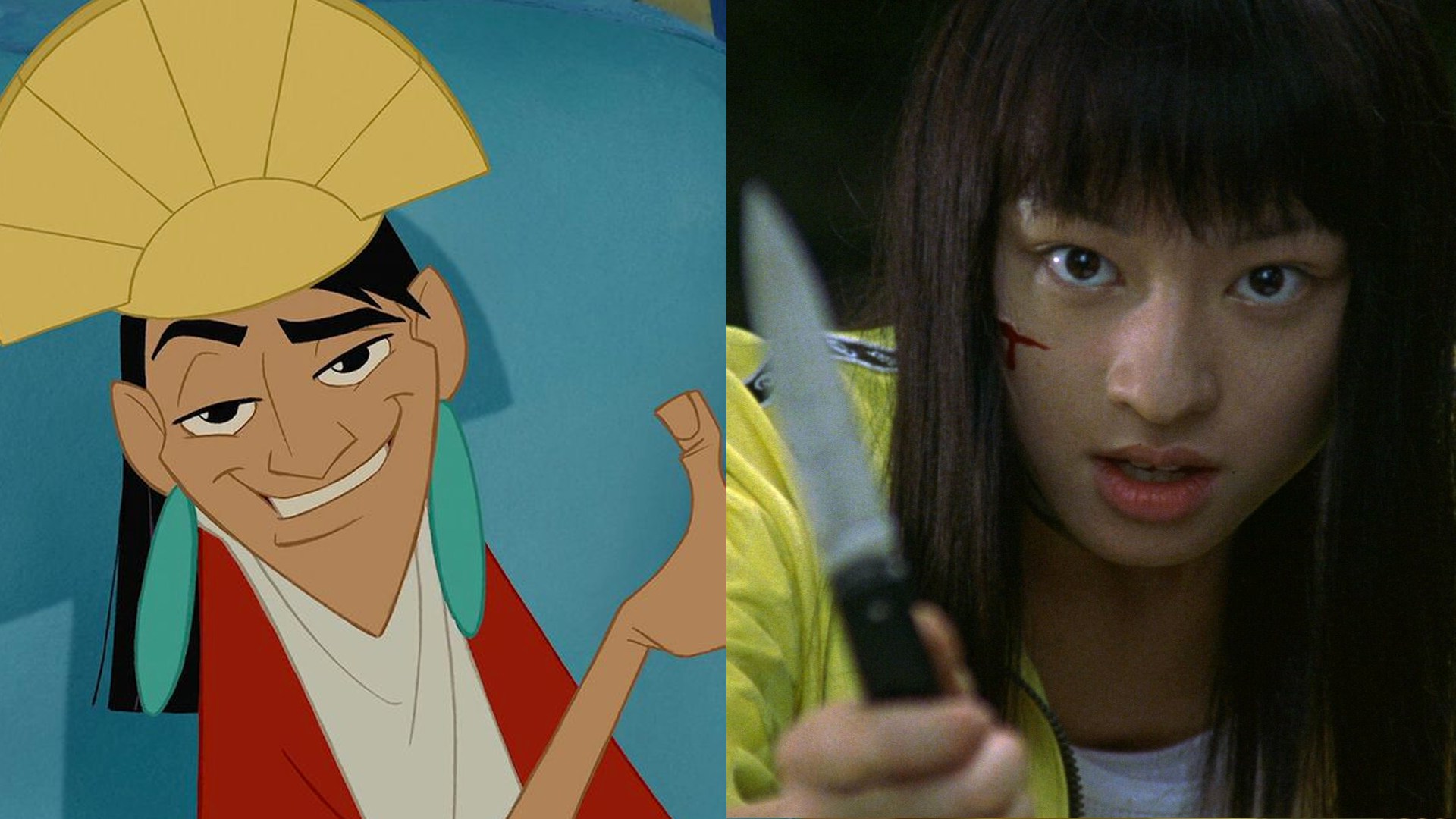
The Emperor’s New Groove vs Battle Royale
Nothing shrieks “double bill” quite like Disney’s latest animated slapstick comedy and a Japanese film about children being forced to fight to the death by a totalitarian government. Released just a day apart on 15/16 December 2000, The Emperor’s New Groove and Battle Royale went head-to-head in the fight for cinema screens. In our opinion, they should have been shown back-to-back with no interval: strap those kids to their seats and force them to experience both a musical about a guy turning into a llama and a film with 15-year-olds brandishing AK-47s. We love to see it!
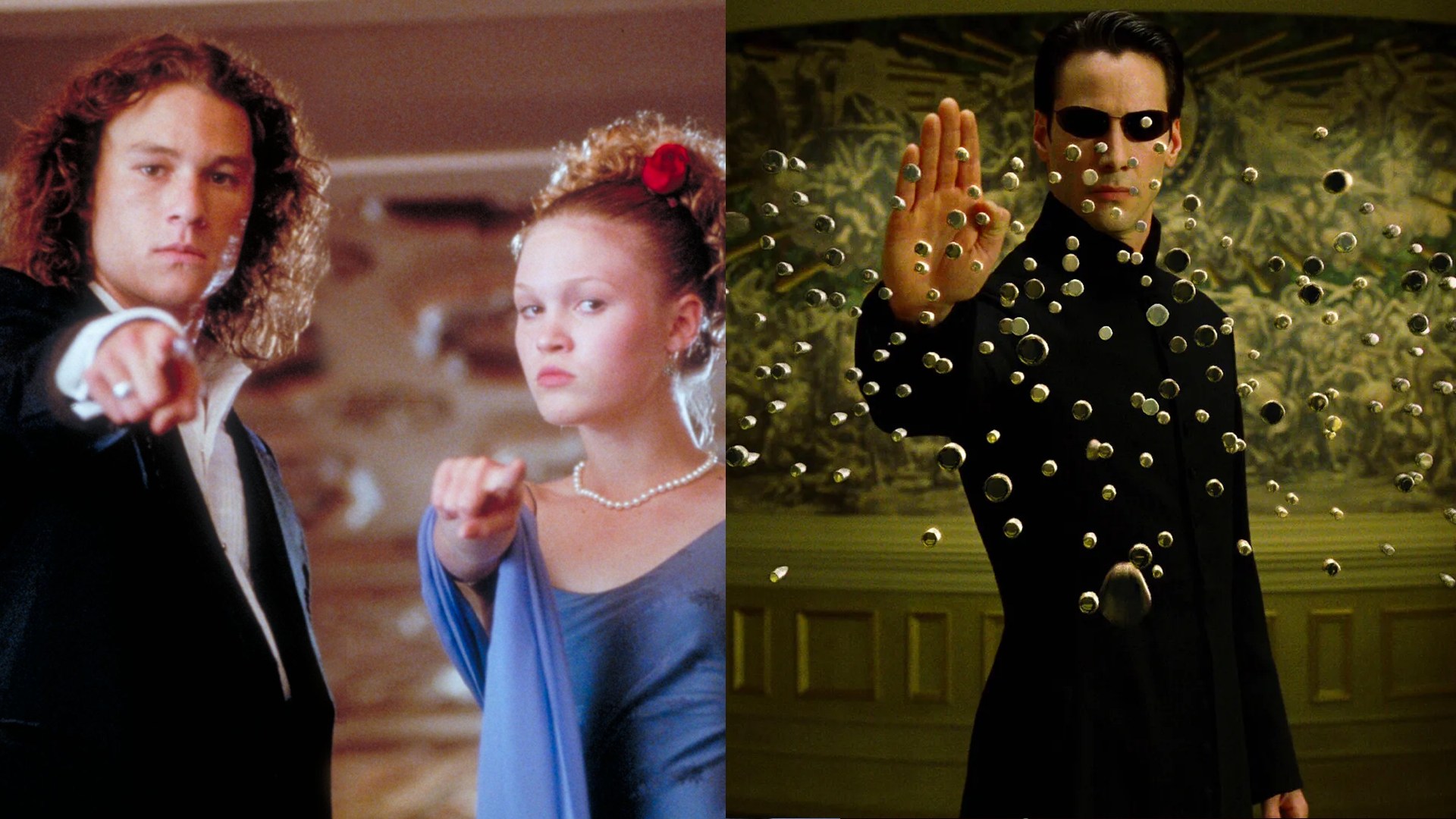
10 Things I Hate About You vs The Matrix
The Gamestop girlies went to battle with the Claire’s Accessories girlies on 31 March 1999 when The Matrix dropped into cinemas on the same day as 10 Things I Hate About You. While the two movies propped up the careers of some of Hollywood’s 90s and 00s icons — Keanu Reeves, Heath Ledger, Joseph Gordon-Levitt among them – they couldn’t have been more different in subject matter. Alas, it was the geeks that won it: The Matrix raked in $467 million over 10 Things…’ $60.4 million. Remember the days when original storytelling actually made money? What a concept!
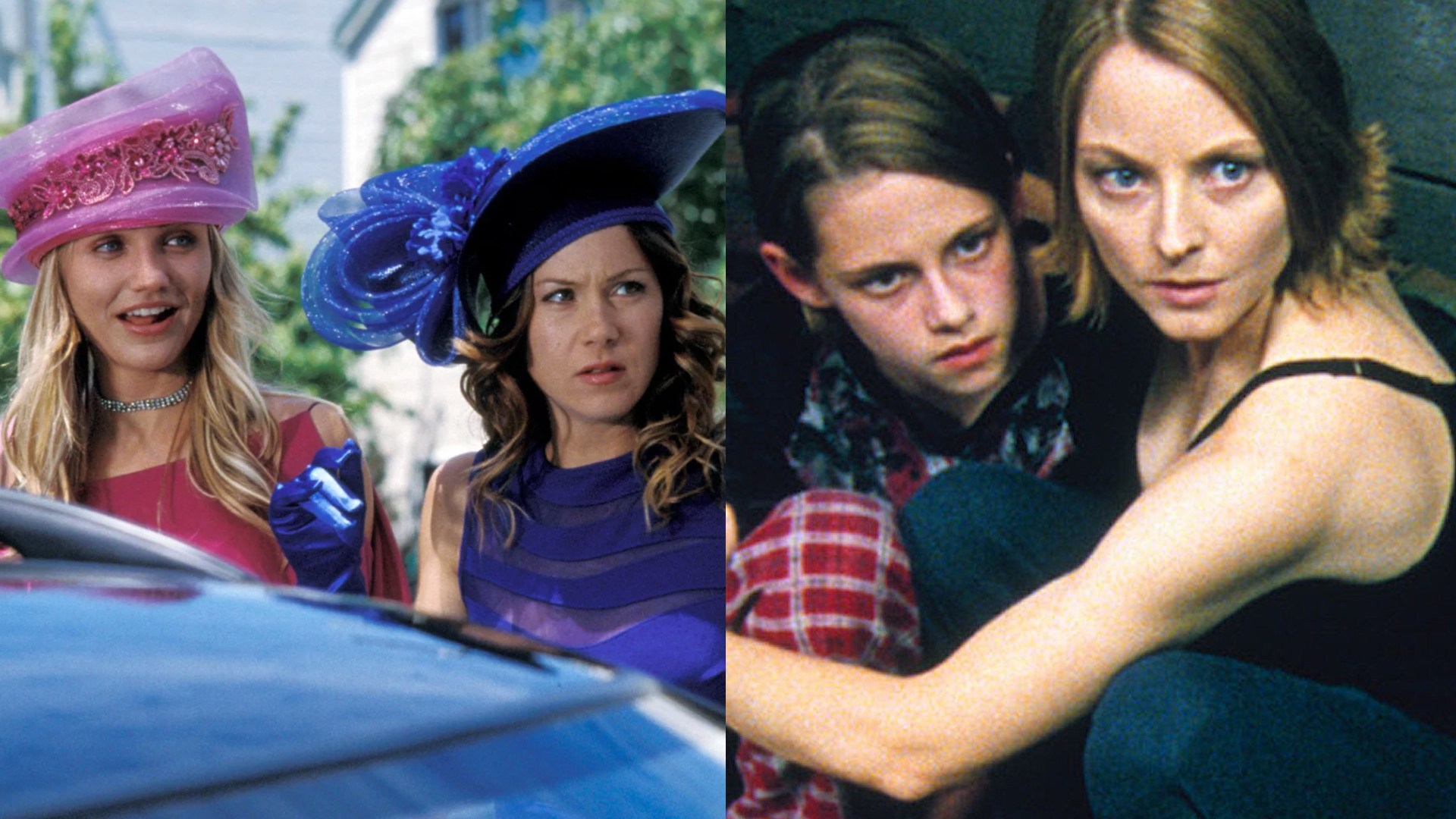
The Sweetest Thing vs Panic Room
It’s only now that we can look back upon the double-bill of cutesy romcom The Sweetest Thing and David Fincher’s nail-biting thriller Panic Room and see the gay parallels. One starred Jodie Foster and Kristen Stewart. The other saw Cameron Diaz, Christina Applegate and Selma Blair break down social taboos with a musical number that featured the lyrics “my body is a movie and your penis is the star”. Whatever you were seeing the weekend of 12 April 2002 (fine! there were a few days between their releases but Panic Room was still riding high in at the box office at that point), it was ground zero for a mother off.
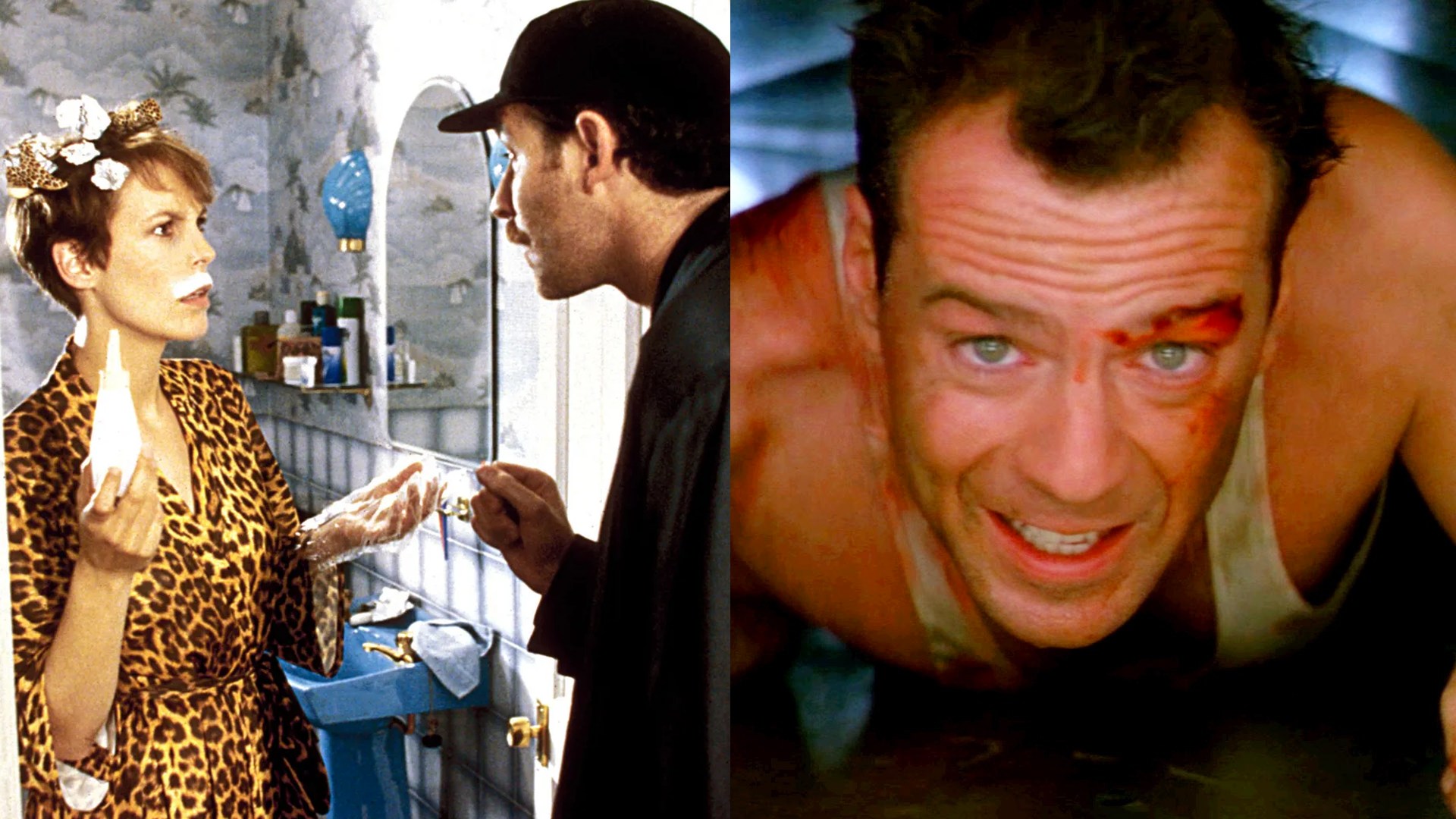
A Fish Called Wanda vs Die Hard
Die Hard daughter or A Fish Called Wanda son? The action classic and heist comedy both bowed in movie theatres on 15 July 1988, and surprisingly neither film took the top spot in release week – that went to Who Framed Roger Rabbit?. Both chased it, but only A Fish Called Wanda managed to crack the number one in the US — a full six weeks after its release. Although it seems strange, over the years that film has grossed more money ($188.6 million) than Die Hard has ($139 million).
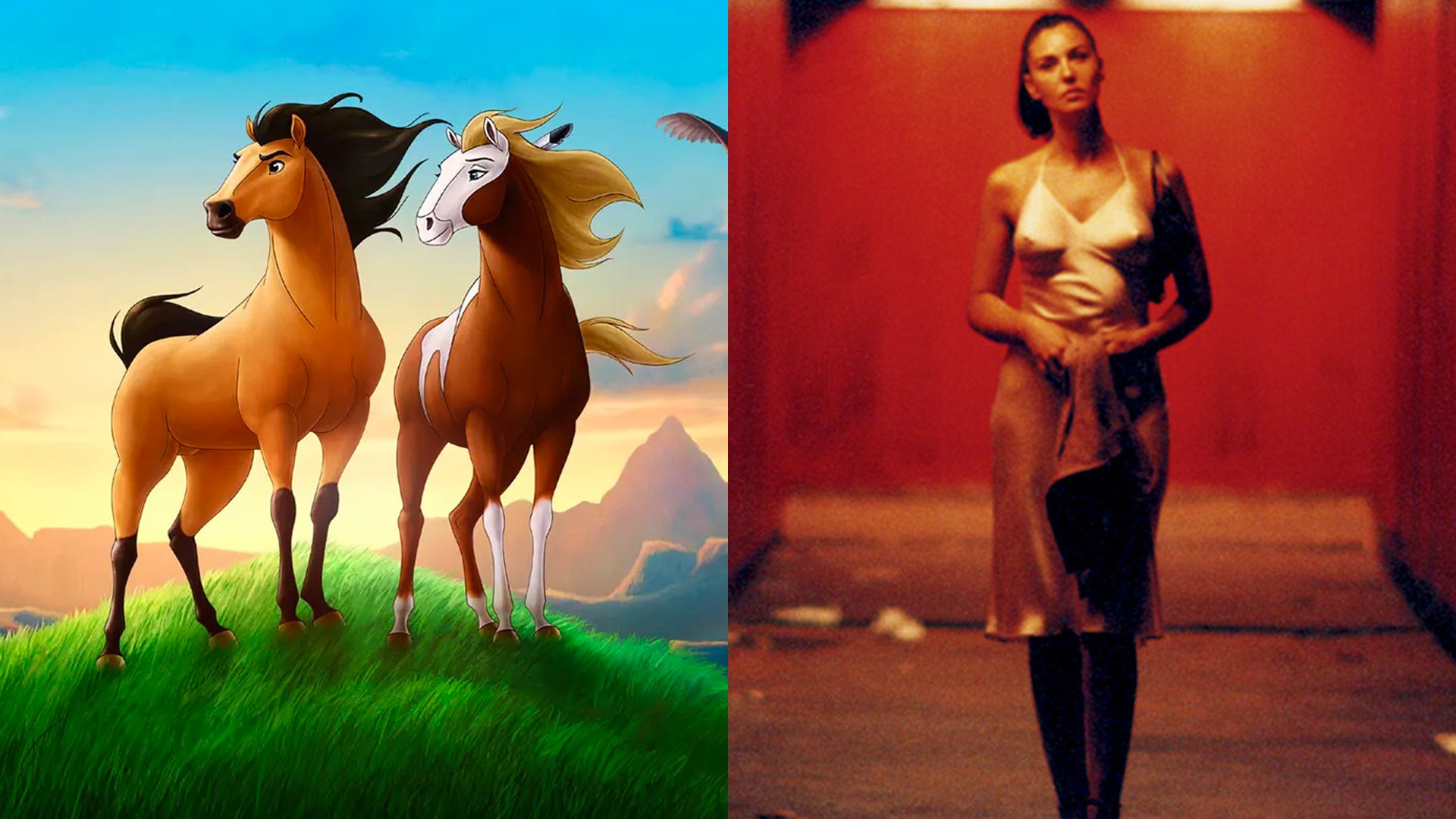
Spirit: Stallion of the Cimarron vs Irreversible
Pop quiz! What film did critic Roger Ebert famously call “a movie so violent and cruel that most people will find it unwatchable”? Was it Gaspar Noé’s Irreversible or Dreamworks’s equine animation Spirit: Stallion of the Cimaron? If you were in France in May 2002, you had the option of finding out for yourself, as both movies trotted straight from the Cannes Film Festival into French theatres just a couple of days apart. The two bear so few similarities that we gather audiences would have clocked within seconds if they were in the wrong screening, but we think that the soft touch of Matt Damon playing a Kiger mustang would be a welcome balm after the extremities of Gaspar’s rape-revenge Parisian club thriller anyway. Ketamine is likely present in both — call it Spirreversible.


